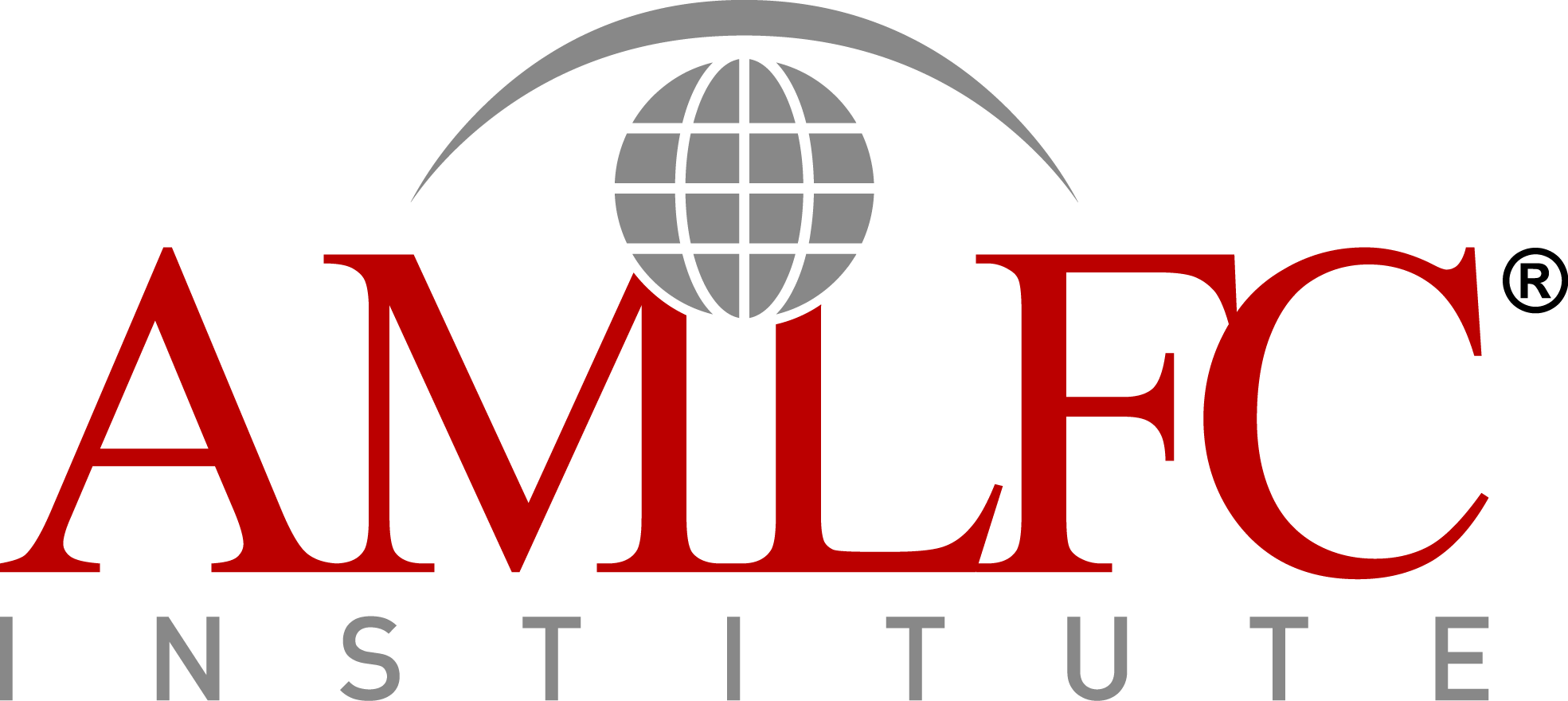Regulatory Anti-Money Laundering, Countering the Financing of Terrorism, Countering the Financing of Proliferation & Financial Crimes Prevention

Become a Pillar of Financial Integrity: The Regulators Professional Certification
The fight against financial crime necessitates a skilled and dedicated workforce amongst regulators, the legal system, and law enforcement. The Regulators Professional Certification Program, offered by the Anti-Money Laundering & Financial Crimes Institute (AMLFC Institute) in partnership with Consilium Advisory, equips you with the knowledge and expertise to become a leader in safeguarding the financial system.
1
Comprehensive AML/CFT Regulatory Framework
Gain a deep understanding of international AML/CFT standards, national regulatory frameworks, and best practices in supervisory oversight.
2
Real-World Application
Learn from practical case studies and scenarios, developing the skills to identify and investigate financial crime activities, conduct effective regulatory examinations, and implement effective enforcement measures.
3
Industry-Leading Curriculum
Developed by seasoned regulatory professionals at Consilium Advisory, our curriculum reflects the latest trends and best practices in AML/CFT supervision and enforcement.
4
Internationally Recognized Certification
Demonstrate your commitment to fighting financial crime and strengthen your credentials for a career in regulatory oversight.
Who Should Enroll?
This program caters to a diverse audience seeking to enhance their knowledge and skills in AML/CFT regulation and enforcement. Ideal candidates include
1
Law Students, Criminal Justice Students, & Forensic Science Students
Gain a competitive edge for careers in regulatory agencies, law enforcement, or financial intelligence units by acquiring a sought-after skillset in AML/CFT investigations.
2
Business Professionals
Enhance your understanding of AML/CFT regulations to ensure your organization complies with regulatory requirements and mitigates financial crime risks.
3
Lawyers
Develop expertise in AML/CFT laws and regulations to advise clients on compliance, represent clients in financial crime investigations, or pursue cases involving money laundering or terrorist financing.
4
Regulatory Supervision & Members of the Judiciary
Strengthen your ability to oversee financial institutions, conduct effective AML/CFT examinations, and enforce regulatory requirements.
5
Public Protection Officers & Law Enforcement Officers
Deepen your knowledge of financial crime typologies and investigation techniques to disrupt illicit financial activities and prosecute perpetrators.

Certification Course Modules
- Introduction, Glossary and Overview of Money Laundering, Terrorism Financing and Proliferation Financing
- The International Context and the FATF Recommendations
- The Role and Functions of the AML/CFT Supervisor
- The Obligations of the Regulated Entities
- Assessing Risks – from the Country’s and Supervisor’s perspectives
- Assessing Risks – the Regulated Entity’s perspective
- Quality of information including Suspicious Transaction Reports
- Overview of the Supervisory Examination including Interview tips
- Planning the Supervisory Examination
- Conducting the Supervisory Examination
- Providing feedback on the Examination Findings
- Possible ways of addressing non-compliance including sanctions
- Conducting Financial Investigations
- Entity assistance and guidance
- Mutual Evaluations and National Risk Assessments
Benefits Beyond Certification
This program offers more than just a certification. You'll gain the confidence and expertise to
1
Strengthen Regulatory Effectiveness
Develop the skills to conduct effective AML/CFT supervisory examinations and identify potential areas of non-compliance.
2
Implement Effective Enforcement Strategies
Gain the knowledge to develop and implement effective enforcement actions against financial institutions engaged in suspicious activity.
3
Combat Evolving Financial Crime Threats
Stay current with the latest financial crime typologies and adjust your supervisory and enforcement approaches accordingly.
4
Foster International Cooperation
Develop the skills to collaborate effectively with international counterparts in the fight against global financial crime.
 Mon - Fri ( 9:00 am - 5:00 pm )
Mon - Fri ( 9:00 am - 5:00 pm )  +971 52 5200 232
+971 52 5200 232  hello@consiliumadvisory.me
hello@consiliumadvisory.me  https://www.linkedin.com/company/consilium-advisory/mycompany/?viewAsMember=true
https://www.linkedin.com/company/consilium-advisory/mycompany/?viewAsMember=true 